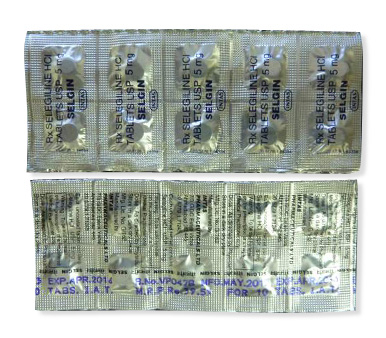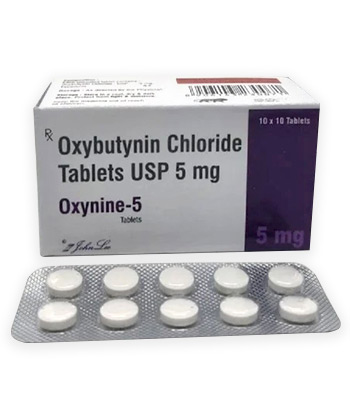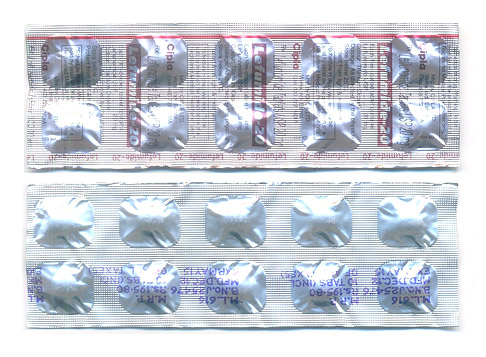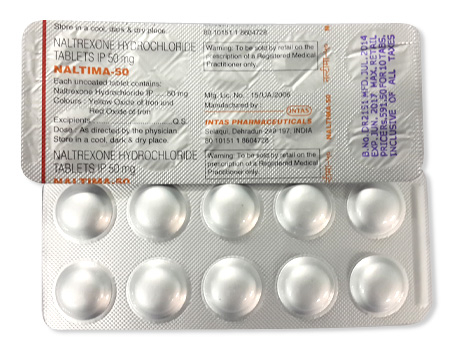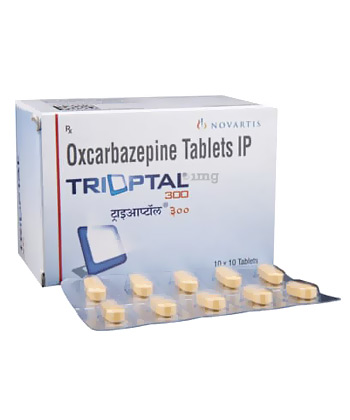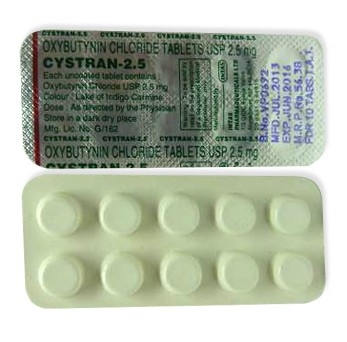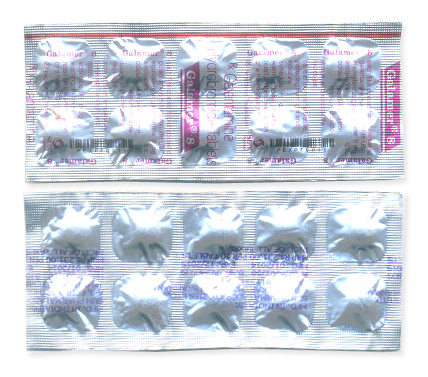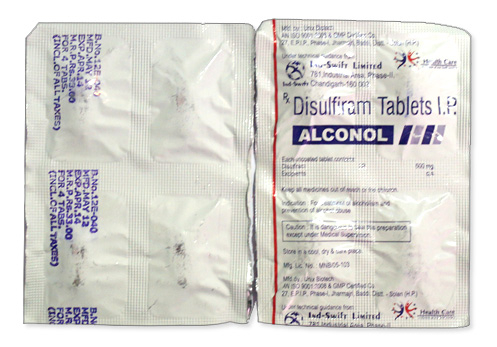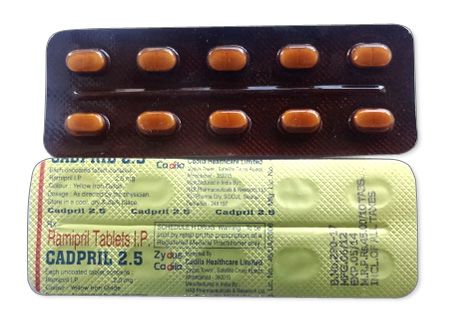Exelon
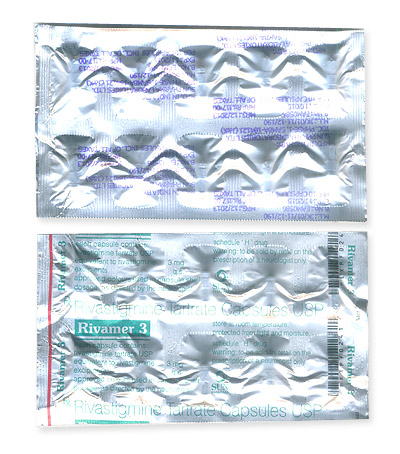
Exelon
- In our pharmacy, you can buy Exelon without a prescription, with delivery in 5–14 days worldwide. Discreet and anonymous packaging.
- Exelon is intended for the treatment of mild to moderate Alzheimer’s disease dementia and Parkinson’s disease dementia. The drug is a cholinesterase inhibitor.
- The usual dose of Exelon capsules is 1.5–6 mg twice daily, and the transdermal patch dose is 4.6–13.3 mg/24h once daily.
- The form of administration includes capsules, oral solution, and transdermal patches.
- The medication starts working within 1 hour for oral forms and 8–24 hours for transdermal patches.
- The duration of action is about 12 hours per oral dose and 24 hours for transdermal patches.
- Do not consume alcohol during treatment.
- The most common side effects include nausea, vomiting, diarrhea, loss of appetite, headache, and dizziness.
- Would you like to try Exelon without a prescription?
Basic Exelon Information
Exelon (rivastigmine) is a prescription dementia treatment medication available across Australia. Available primarily as Exelon brand products by Novartis Pharmaceuticals, this cholinesterase inhibitor comes in multiple formulations to accommodate different patient needs. Generics are also supplied under licence by manufacturers like Sandoz Australia within TGA guidelines. All Exelon formulations require refrigeration below 25°C after opening and remain prescription-only (Rx) in Australia.
| Category | Details |
|---|---|
| Active Ingredient (INN) | Rivastigmine |
| Common Australian Brand Names | Exelon, Prometax |
| ATC Pharmaceutical Code | N06DA03 (Nervous System > Anti-dementia drugs) |
| Available Forms | Capsules, transdermal patches, oral solution |
| Manufacturers in Australia | Novartis Pharmaceuticals Australia Pty Ltd, generic equivalents by Sandoz Australia |
| Registration Status | Registered by Therapeutic Goods Administration (TGA) |
| Rx Classification | Prescription Only Medicine |
| Form | Strengths | Standard Packaging |
|---|---|---|
| Capsules | 1.5 mg, 3 mg, 4.5 mg, 6 mg | TGA-approved blister packs (28-112 count) |
| Transdermal Patch | 4.6 mg/24h, 9.5 mg/24h, 13.3 mg/24h | Aluminium foil sachets (30 patches/carton) |
| Oral Solution | 2 mg/mL concentration | 120mL amber glass bottle with dosing syringe |
How Exelon Functions In The Brain
Rivastigmine works as a cholinesterase inhibitor, targeting the communication breakdown in dementia patients' brains. It temporarily preserves acetylcholine - a vital neurotransmitter for memory and cognition - by blocking enzymes that naturally break it down. This helps recharge fading neural pathways, often buying patients months of functional independence.
The transdermal patch formulation provides steadier drug levels than oral options by steadily releasing medication through the skin. This 24-hour delivery mimics natural neurotransmitter flow more consistently while reducing digestive system side effects common with capsules. Both methods eventually increase acetylcholine availability in brain synapses to improve signalling between deteriorating neurons.
Exceptional neurological selectivity allows Exelon to target brain receptors more precisely than similar dementia medications. Learn more about dementia medication mechanisms from Dementia Australia's clinical resources. This neurotransmitter modulation explains why cognitive improvements are often noticeable within weeks of consistent use.
Approved Uses And Off Label Applications
In Australia, TGA-approved applications include both Alzheimer's-related dementia and Parkinson's disease dementia. These approvals cover mild-to-moderate cases where cholinesterase inhibitors demonstrate stabilising effects.
Authorised Treatments
Primary approved uses include:
- Managing Alzheimer's disease progression in adults
- Treating dementia symptoms in Parkinson's patients
Special Population Considerations
Elderly patients require no specific dosage adjustments but often start on lowest strengths due to increased sensitivity. The oral formulation is pregnancy category C where risks may outweigh benefits. Rivastigmine remains contraindicated for individuals under 18 and those with documented drug allergies or severe liver impairment.
Emerging Off Label Applications
Some specialists prescribe Exelon off-label for Lewy body dementia, showing particular benefit for visual hallucinations. Early research in vascular dementia also appears promising despite lacking formal TGA approval. These uses require careful specialist supervision with frequent progress evaluations.
Dosage Protocols And Adjustment Guidelines
Dosing follows a gradual titration approach to minimise initial side effects while allowing patients to reach clinically effective levels.
| Condition | Starting Dosage | Target Maintenance Dosage | Titration Schedule |
|---|---|---|---|
| Alzheimer's Disease | 1.5 mg capsule twice daily | 3-6 mg twice daily | Increase 1.5 mg every 2 weeks based on tolerance |
| Parkinson's Dementia (Oral) | 1.5 mg capsule twice daily | 3-6 mg twice daily | Minimum 2 weeks between dosage adjustments |
| Transdermal Patch Therapy | 4.6 mg/24h patch daily | 9.5 mg-13.3 mg/24h daily | Increase after minimum 4-week intervals |
Handling Missed Doses
If you miss an oral dose but remember within several hours, take it immediately. If near the next scheduled dose, skip the missed one completely. For patches, reapply immediately when remembered unless the regular change time is approaching. Never double doses or apply multiple patches simultaneously to compensate.
Specific Population Adjustments
Patients with mild renal impairment need no special dosage changes. Moderate-to-severe kidney disease or hepatic impairment requires cautious slower titration monitoring for side effects. Maximum dosage typically reduces by 1.5-3mg daily in these populations per prescriber discretion.
Critical Safety Profile of Rivastigmine
Rivastigmine carries absolute contraindications including severe hypersensitivities to the drug or its components, particularly for patients who developed unusually severe skin reactions to Exelon patches. Safety risks escalate with underlying cardiovascular issues like severe bradycardia or sick sinus syndrome. Gastrointestinal sensitivity also warrants caution - active stomach ulcers or bleeding disorders heighten risk potential.
Most users encounter manageable but persistent reactions affecting digestion and energy. Frequently reported effects include:
- Nausea and appetite reduction (affecting over 45% according to TGA reports)
- Unexpected weight fluctuations
- Generalised weakness affecting coordination
The medication requires black box warnings regarding severe neurological and cardiac events. Such critical dementia drug threats involve irreversible cognitive conflict, substantial gastrointestinal haemorrhaging requiring hospitalisation, and transient seizures even among patients without known epilepsy. Serious medication interactions occur with certain beta-blockers or anticholinergic medications and must be avoided.
Patient Experiences with Rivastigmine Therapy
Among Australian dementia forums and global review sites like Drugs.com, Exelon generates contrasting testimonials. Approximately 60% of respondents report noticeable improvements in verbal fluency and memory retention within eight weeks of stable dosing. One Victorian caregiver shared:
"The patches gave Mum back her ability to recognise family photos. We struggled with nausea initially, but switching from capsules solved that."
Negative rivastigmine reviews frequently centre on adverse digestive reactions, affecting nearly 30% of oral medication users. Transdermal application typically reduces gastrointestinal disruption according to patient feedback. Emergent themes highlight improved outcomes when physicians gradually escalate doses over several weeks. Most caregivers award Exelon 3-4 stars, acknowledging its functional benefits despite tricky titration phases.
Comparing Rivastigmine to Alternative Dementia Treatments
| Medication | Avg. Monthly Cost (AUD) | Clinical Advantages | Common Adverse Effects |
|---|---|---|---|
| Exelon (Rivastigmine) | $80-$120 | Patch option bypasses digestion; dual enzyme inhibition | Nausea, weight loss, skin irritation (patches) |
| Aricept (Donepezil) | $25-$55 | Simpler once-daily dosing; PBS-listed | Diarrhoea, insomnia, muscle cramps |
| Memantine | $70-$95 | For advanced dementia; minimal digestive impact | Dizziness, headache, constipation |
Pharmacists note donepezil dominates first-line PBS scripts due to cost efficiency, though Exelon transdermal patches provide better gastrointestinal tolerability for sensitive patients. Memantine serves distinct cases where acetylcholinesterase inhibitors prove insufficient or provoke adverse responses. Treatment choice centres on balancing affordability versus individual tolerability profiles.
Australian Market Access Dynamics
Exelon maintains consistent nationwide availability, stocked by approximately 90% of metropolitan pharmacies and 75% of regional chemists. Under Therapeutic Goods Administration protocols, all formulations feature child-proof protection, temperature-stable packaging, and indecipherable braille identifiers. Cost structures vary by region:
- Standard 30-capsule packs: $82 – $117 (PBS subsidy applies)
- Transdermal patches (8 units/box): $96 – $124 monthly
- Unsubsidised private scripts cost 20%–35% more
Post-pandemic dementia medication demand elevated Exelon purchases by 12% nationally according to IQVIA data. Pharmacy storage protocol requires temperature-logged shelving away from direct light. Prescription validation remains essential since rivastigmine qualifies strictly as Schedule 4 prescription medication across Australian jurisdictions. Most stores replenish stock within 24 hours during standard business days.
New Research & Future Outlook
Recent clinical trials are investigating Exelon combination therapies and novel applications:
- Combination therapy: 2023 data suggests enhanced cognitive effects when pairing Exelon patches with memantine (Namenda), particularly for moderate Alzheimer's agitation.
- Traumatic brain injury: Promising neuroprotective effects observed in early-phase studies for post-TBI cognitive impairment, though not yet TGA-approved.
- Generic availability: Rivastigmine's patent expired in Australia, increasing prescription of PBS-listed generics for dementia management.
Future possibilities include sustained-release formulations and targeted drug delivery systems currently in preclinical development. Pharmaceutical researchers continue exploring Exelon's protective effects on neuronal synapses beyond symptom management.
Cost-Saving Strategies
Affordability considerations for Exelon treatment:
PBS subsidies: Concession card holders pay approximately A$7.70 monthly for rivastigmine capsules or patches under the Pharmaceutical Benefits Scheme. Non-concession costs are around A$42.50 per script.
Generic options: Switching to generic rivastigmine offers identical efficacy: Compare Chemist Warehouse pricing (A$32.95) versus Amcal (A$38.50) for 30-pack capsules. Transdermal generic patches provide comparable savings.
Practical savings: Explore manufacturer loyalty programs, prescription bundling discounts and regional pharmacy price matching. Discuss therapeutic alternatives with cost-equivalent profiles.
Treatment Duration & Discontinuation
Therapeutic timelines and cessation protocols:
Optimal assessment period: Allow minimum six months treatment before evaluating cognitive response. Meaningful symptom stabilisation typically emerges within 9-12 months.
Discontinuation protocol: Never stop abruptly. Gradual tapering over 2-4 weeks prevents withdrawal symptoms like agitation or behavioural changes:
- Capsules: Reduce by 1.5mg increments weekly
- Patches: Halve patch dosage every seven days
Treatment failure indicators warrant reassessment: accelerated memory deterioration despite adherence, emergence of intolerable side effects like significant weight loss, or hospitalisation requiring abrupt medication changes.
Guidelines for Proper Use
Essential handling techniques for optimal safety:
Administration protocols:
- Capsules: Swallow whole with light meal (avoid high-fat foods increasing nausea)
- Patches: Apply clean skin; press firmly 30 seconds ensuring edges adhere; rotate sites daily; avoidance of external heat sources
- Oral solution: Precisely measure dosing syringe; store refrigerated
Storage requirements: Maintain below 25°C for all formulations. Protect capsules from moisture; keep patches in foil packaging until application.
Critical interactions: Avoid OTC antihistamines, bladder control medications and sedating travel sickness tablets containing anticholinergics. Always discuss complementary supplements like Ginkgo biloba with your pharmacist.
Patch-specific guidance: Carefully peel from backing liner without touching adhesive. Dispose used patches folded adhesive-side inward to prevent accidental exposure.

